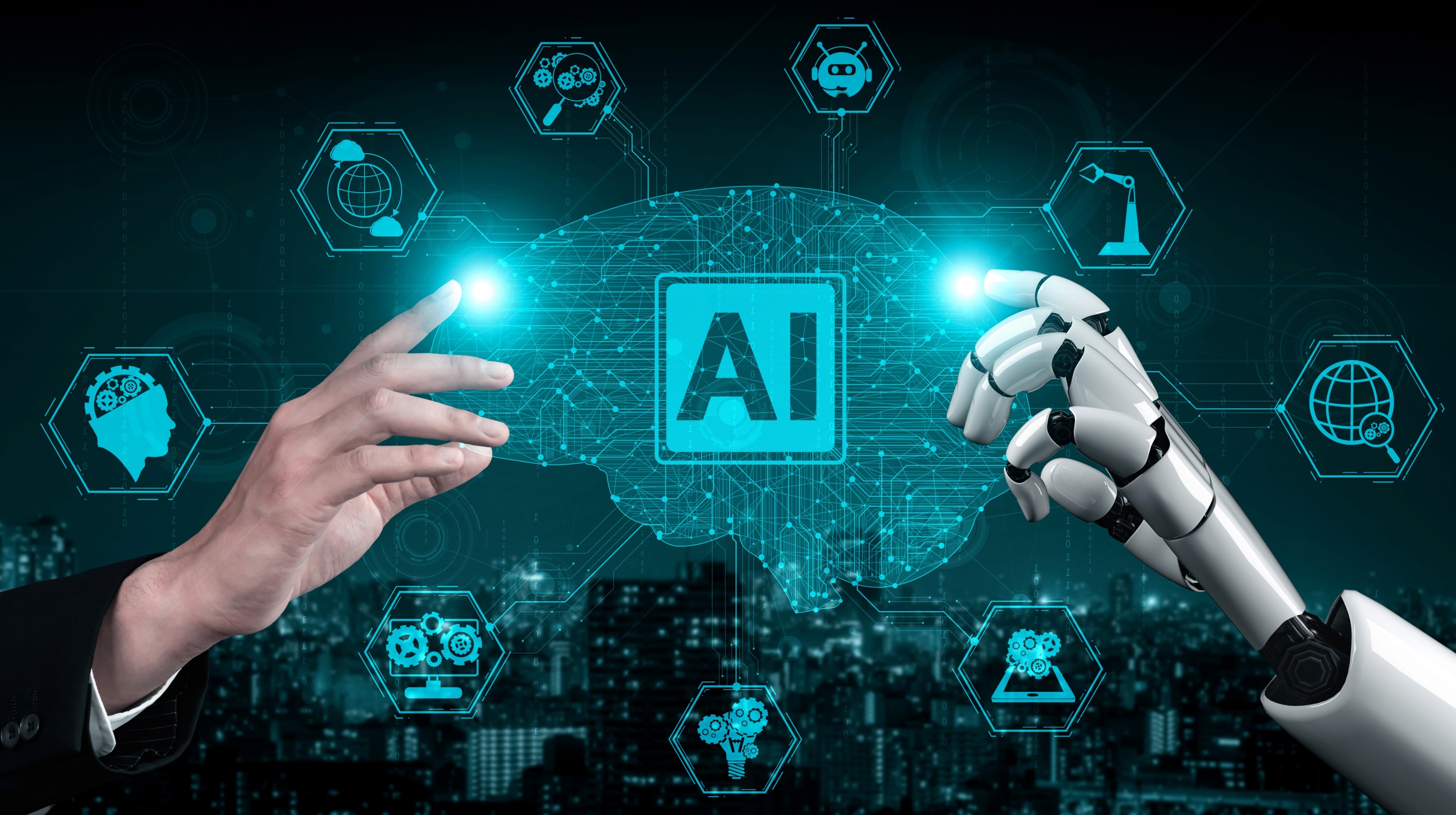Go back
19 Aug 2025
How AI is Reshaping Daily Operations
Artificial Intelligence (AI) has shifted from being a futuristic concept to an everyday operational tool. In 2025, AI in business operations is helping companies work faster, smarter, and more efficiently, from automating routine tasks to enabling data‑driven decision‑making.

Whether you run a small business or a global enterprise, understanding how AI is changing daily operations will help you stay competitive, improve efficiency, and identify new growth opportunities.
1. Automating Repetitive Tasks with AI
AI excels at handling time-consuming, repetitive tasks, allowing teams to focus on high‑value activities.
Faster admin processes: AI completes data entry, invoice processing, and scheduling with near‑perfect accuracy.
24/7 customer support: AI‑powered chatbots handle common queries instantly, improving response times.
Productivity boost: Automation frees employees to work on creative and strategic projects.
2. Real‑Time Insights for Smarter Decisions
One of the biggest advantages of AI in daily operations is its ability to process massive data sets in seconds.
Instant analysis: AI identifies trends and anomalies in sales, operations, and customer behaviour.
Better forecasting: Predictive analytics help anticipate demand, inventory needs, and performance outcomes.
Data‑driven agility: Businesses can adjust strategies in real time based on live insights.
3. AI‑Powered Personalisation for Customers
AI makes it possible to deliver tailored customer experiences at scale.
Custom recommendations: Suggests products or services based on purchase history and behaviour.
Adaptive loyalty programmes: Rewards adapt to individual preferences in real time.
Proactive service: Sentiment analysis helps resolve customer concerns before they escalate.
4. Streamlining Internal Operations
AI improves operational efficiency across departments.
Smart scheduling: Optimises workloads for productivity and balance.
Predictive maintenance: Prevents costly downtime by identifying potential equipment failures early.
Optimised inventory: Maintains the right stock levels to avoid shortages and excess.
5. Driving Innovation Through AI
AI can accelerate product and service development.
Market opportunity detection: Analyses trends to identify unmet customer needs.
Virtual product testing: Simulates customer responses before full‑scale launches.
Accurate adoption forecasts: Predict market reception to reduce financial risk.
6. Enhancing Risk and Compliance Management
AI strengthens business resilience by detecting threats early.
Fraud detection: Flags suspicious activity in financial and transactional systems.
Automated compliance: Continuously checks operations against industry regulations.
Early warnings: Provides alerts before risks escalate into costly problems.
7. Shaping the Future Workforce
AI changes not just processes but also skill requirements.
New job roles: Demand is growing for AI trainers, data scientists, and AI ethics specialists.
Collaborative decision‑making: Combines AI insights with human expertise for better outcomes.
Upskilling initiatives: Training employees to work alongside AI effectively is now essential.
Key Takeaway for 2025
AI in daily operations is no longer optional, it’s a competitive advantage. By automating repetitive work, delivering instant insights, personalising customer experiences, and streamlining internal processes, AI allows businesses to operate more efficiently while preparing for future growth.
The most successful organisations in 2025 will be those that adopt AI strategically, integrating it into their workflows in a way that supports people rather than replacing them.



